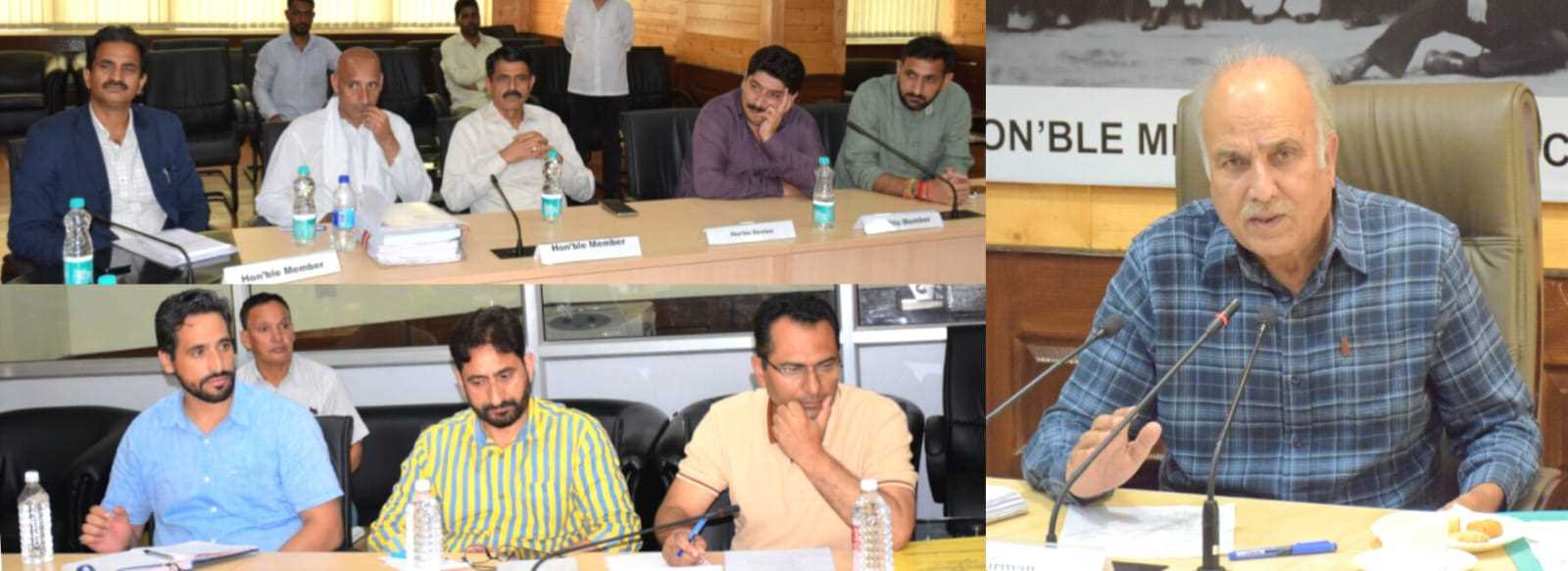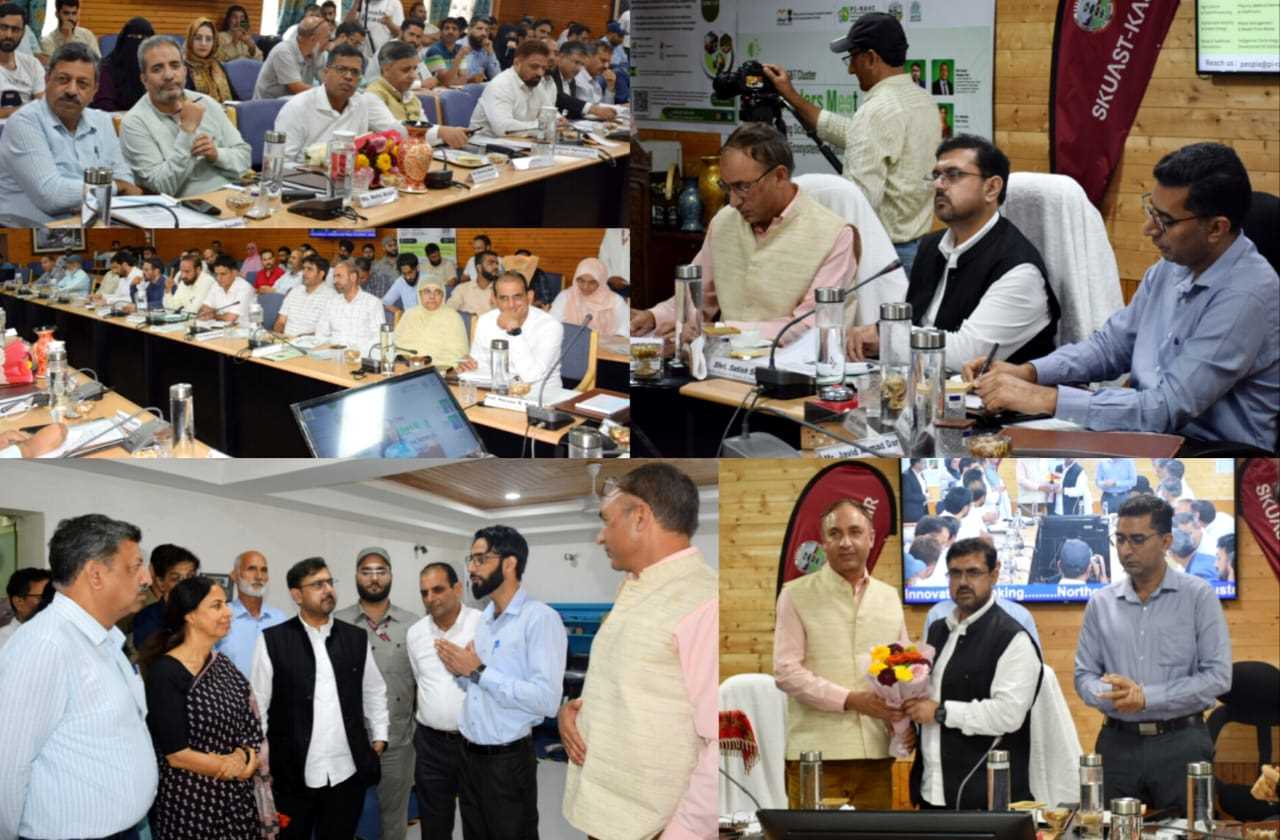
The recent acquittal of Maan Chand by the High Court of Jammu and Kashmir and Ladakh lays bare a haunting question: What is the worth of a decade spent behind bars for a crime one did not commit? Convicted in 2015 by a trial court for the alleged murder of his wife, Kanta Devi, Maan Chand’s life was effectively stolen — not by the act of murder, but by the failures of the justice system meant to protect the innocent. The High Court rightly overturned the conviction, citing procedural lapses, contradictory testimonies, and unreliable evidence. But while the legal error has been corrected, the moral and human cost remains deeply unresolved. Our justice system, like those elsewhere, operates on the principle that it is better to let ten guilty men go free than to convict one innocent. Yet cases like that of Maan Chand show how this principle can be hollowed out by institutional apathy, poor investigation, overburdened courts, and unchecked prosecutorial zeal. An acquittal, no matter how just, cannot rewind time. It cannot restore lost dignity, broken relationships, missed milestones, or the psychological scars of incarceration. The state, in such instances, must not stop at acquittal. There is a compelling moral and constitutional case for compensating wrongfully convicted individuals. Countries such as Germany, the UK, and even the United States have mechanisms for compensating such citizens. We, in contrast, lack a consistent national policy for wrongful imprisonment. Article 21 of the Constitution guarantees the right to life and personal liberty — and when the state violates this right through wrongful conviction, it bears the responsibility to repair the damage, however imperfectly. The government must establish a statutory compensation framework for wrongful convictions — one that includes monetary redress, psychological support, social reintegration programs, and formal apologies. Each day behind bars should carry a tangible value. More importantly, systems of accountability must be built to ensure that investigative and prosecutorial lapses — the kind that destroyed Maan Chand’s life — are not treated with impunity. No sum of money can truly compensate for the lost years of a life lived in the shadows of injustice. But recognition, redress, and reform can offer a path to dignity. Maan Chand’s case must become more than a legal footnote; it should be a catalyst for systemic change. For a democracy that prides itself on the rule of law, justice must not only be done, but be seen to be done — and felt by those who suffer when the system fails.


The recent acquittal of Maan Chand by the High Court of Jammu and Kashmir and Ladakh lays bare a haunting question: What is the worth of a decade spent behind bars for a crime one did not commit? Convicted in 2015 by a trial court for the alleged murder of his wife, Kanta Devi, Maan Chand’s life was effectively stolen — not by the act of murder, but by the failures of the justice system meant to protect the innocent. The High Court rightly overturned the conviction, citing procedural lapses, contradictory testimonies, and unreliable evidence. But while the legal error has been corrected, the moral and human cost remains deeply unresolved. Our justice system, like those elsewhere, operates on the principle that it is better to let ten guilty men go free than to convict one innocent. Yet cases like that of Maan Chand show how this principle can be hollowed out by institutional apathy, poor investigation, overburdened courts, and unchecked prosecutorial zeal. An acquittal, no matter how just, cannot rewind time. It cannot restore lost dignity, broken relationships, missed milestones, or the psychological scars of incarceration. The state, in such instances, must not stop at acquittal. There is a compelling moral and constitutional case for compensating wrongfully convicted individuals. Countries such as Germany, the UK, and even the United States have mechanisms for compensating such citizens. We, in contrast, lack a consistent national policy for wrongful imprisonment. Article 21 of the Constitution guarantees the right to life and personal liberty — and when the state violates this right through wrongful conviction, it bears the responsibility to repair the damage, however imperfectly. The government must establish a statutory compensation framework for wrongful convictions — one that includes monetary redress, psychological support, social reintegration programs, and formal apologies. Each day behind bars should carry a tangible value. More importantly, systems of accountability must be built to ensure that investigative and prosecutorial lapses — the kind that destroyed Maan Chand’s life — are not treated with impunity. No sum of money can truly compensate for the lost years of a life lived in the shadows of injustice. But recognition, redress, and reform can offer a path to dignity. Maan Chand’s case must become more than a legal footnote; it should be a catalyst for systemic change. For a democracy that prides itself on the rule of law, justice must not only be done, but be seen to be done — and felt by those who suffer when the system fails.
© Copyright 2023 brighterkashmir.com All Rights Reserved. Quantum Technologies